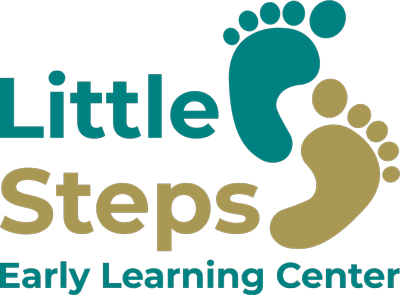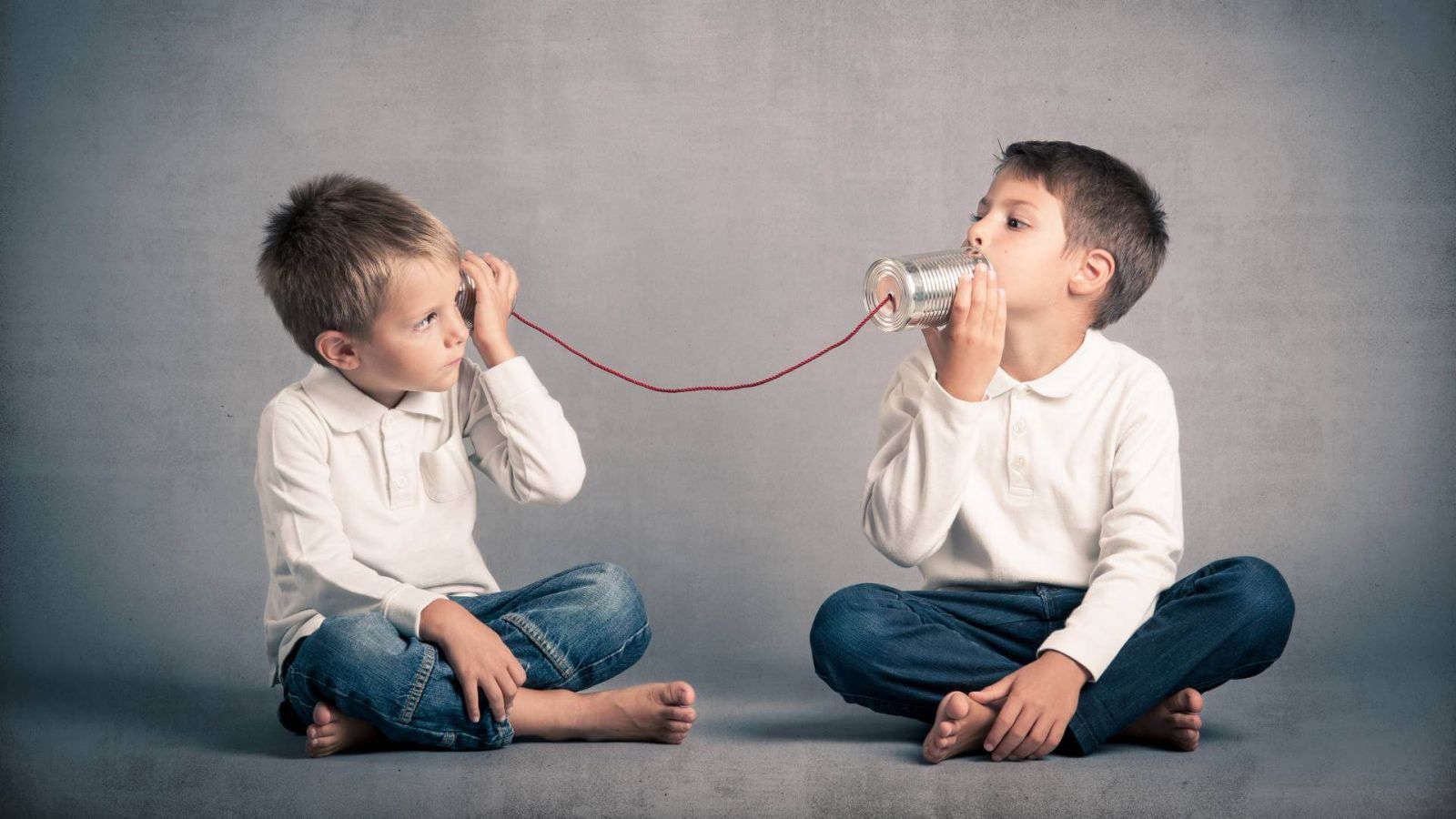In the early years of a child's life, their minds are like sponges, eagerly absorbing information from the world around them. This crucial period of development lays the foundation for future learning and success. As parents and caregivers, it is essential to understand the importance of early learning in infants and toddlers. In this blog post, we will explore the benefits of nurturing tiny minds through early education and provide insights into how it can positively impact their overall development.
Brain Development and Cognitive Skills:
The first few years of a child's life are critical for brain development. During this time, the brain undergoes rapid growth, forming neural connections that shape the child's learning abilities. Early learning experiences, such as sensory exploration, language exposure, and problem-solving activities, stimulate brain development and enhance cognitive skills. By providing a rich learning environment, we can promote optimal brain development in infants and toddlers.
Language and Communication Skills:
Language acquisition is a significant milestone in a child's development, and early exposure to language greatly impacts their language and communication skills. Infants and toddlers absorb language effortlessly, and engaging them in conversations, reading books, and singing songs can foster their vocabulary, listening, and speaking abilities. Early learning centers provide a language-rich environment that supports language development and enhances communication skills from an early age.
Social and Emotional Development:
Early learning experiences contribute to the social and emotional development of infants and toddlers. Interactions with caregivers and peers in a structured setting teach important social skills like sharing, turn-taking, and empathy. These experiences promote emotional well-being, self-regulation, and the development of healthy relationships. Early learning centers provide a nurturing environment where children can develop social and emotional skills through play and positive interactions.
Fine and Gross Motor Skills:
Physical development is an integral part of early learning. Infants and toddlers need opportunities to explore their environment, develop fine motor skills, and strengthen their gross motor abilities. Early learning programs incorporate age-appropriate activities such as finger painting, stacking blocks, and outdoor play, which promote the development of fine and gross motor skills. These experiences lay the foundation for later physical development and coordination.
Cognitive and Problem-Solving Skills:
Early learning environments provide infants and toddlers with stimulating activities that foster cognitive and problem-solving skills. Through age-appropriate puzzles, shape sorters, and hands-on exploration, children learn to think critically, solve problems, and make connections. Early exposure to problem-solving activities enhances their cognitive abilities and prepares them for future academic challenges.
Independence and Confidence:
Early learning experiences promote independence and confidence in infants and toddlers. Through age-appropriate tasks and activities, children learn to do things by themselves, fostering a sense of autonomy and self-assurance. Early learning centers encourage children to explore their interests, make choices, and take pride in their accomplishments, building their self-esteem and confidence.
Nurturing tiny minds through early learning is of utmost importance for infants and toddlers. The experiences and interactions during these formative years lay the foundation for future learning, social skills, and emotional well-being. Early learning programs provide a structured and nurturing environment that stimulates brain development, enhances cognitive skills, and promotes social, emotional, and physical growth. By recognizing and embracing the importance of early learning, we can help children thrive and reach their full potential. Let's invest in our children's future by fostering a love for learning from the very beginning.


